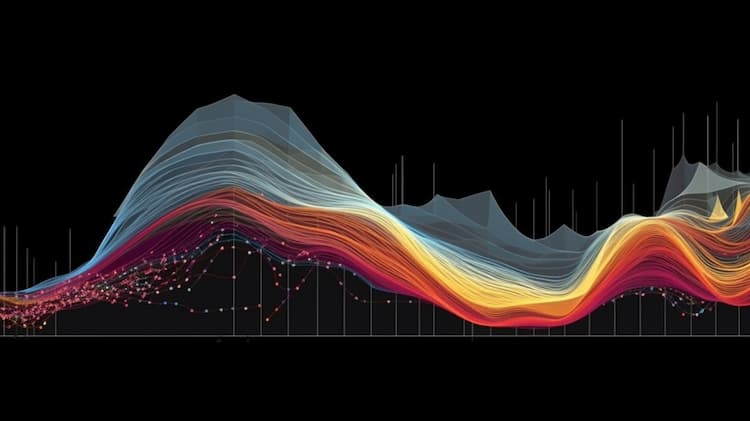
VHT VS IBB
Exchange-Traded Funds (ETFs) have transformed the landscape of investment, providing investors with easy access to diversified portfolios across various sectors and asset classes. In this article, we will conduct a thorough comparison between two prominent healthcare ETFs: VHT (Vanguard Health Care ETF) and IBB (iShares NASDAQ Biotechnology ETF). We will explore a range of key factors including ETF tickers, full names, issuers, sectors, top holdings, capitalization, strategy, tracking, and exposure.
VHT Vs IBB: Overview
VHT and IBB are healthcare-focused ETFs, yet they differ significantly in their investment strategies and sectoral focuses. While VHT provides broad exposure to the entire healthcare industry, IBB narrows its scope to biotechnology companies listed on the NASDAQ. This divergence in strategy and focus leads to unique risk and return profiles, a topic we will delve into further in the following sections.
VHT Vs IBB: Sectors and Top Holdings
VHT encompasses a wide range of healthcare sectors, including pharmaceuticals, biotechnology, healthcare equipment, and services. Its top holdings typically include companies like Johnson & Johnson, Pfizer, and UnitedHealth Group. In contrast, IBB is specifically concentrated in biotechnology, with top holdings often featuring companies such as Amgen, Gilead Sciences, and Moderna. Understanding these sectors and top holdings is essential for investors aiming to align their portfolios with specific sub-industries within healthcare.
 VHT overlap VHT VS IBB
VHT overlap VHT VS IBB
VHT Vs IBB: Capitalization and Strategy
The Vanguard Health Care ETF (VHT) boasts a substantial asset under management (AUM), reflecting its popularity among investors seeking exposure to the broader healthcare sector. IBB, as a biotech-focused ETF, has a unique strategy that centers on tracking the performance of biotechnology stocks. The divergence in capitalization and investment strategy underscores the varying levels of risk and potential returns associated with these two ETFs, factors that investors must carefully evaluate.
VHT Vs IBB: Tracking and Exposure
VHT's objective is to mirror the performance of the MSCI US Investable Market Health Care 25/50 Index, providing exposure to a broad array of healthcare companies. On the other hand, IBB seeks to track the NASDAQ Biotechnology Index, which includes biotech firms listed on the NASDAQ stock exchange. The contrast in tracking methods and exposure highlights the distinct ways in which these ETFs offer investors access to the healthcare industry.
Conclusion
VHT and IBB present investors with unique approaches to gaining exposure to the healthcare sector. Whether an investor seeks broad coverage of various healthcare sub-industries or a more targeted focus on biotechnology, these ETFs offer diversified options. For those interested in delving deeper into the specifics of holdings, correlations, overlaps, and other insights, the ETF insider app serves as an invaluable tool. Its user-friendly interface allows users to explore the nuances of these financial instruments and make informed investment decisions.
Disclaimer: This article is intended for informational purposes only and does not provide investment advisory services.
Sources:
Vanguard Health Care ETF (VHT) Fact Sheet. Vanguard.
iShares NASDAQ Biotechnology ETF (IBB) Overview. iShares by BlackRock.
"Comparing Healthcare ETFs: VHT vs. XLV vs. IBB." The Motley Fool.
IBB quote and analysis
Discover the top holdings, correlations, and overlaps of ETFs using our visualization tool.
Our app allows you to build and track your portfolio.
To learn more about the IBB iShares Biotechnology ETF, access our dedicated page now.
FAQ
Why is VHT better than IBB?
VHT may be considered better than IBB for some investors due to its specific focus, offering diversification.
Does IBB beat VHT?
IBB's performance relative to VHT will vary over time, depending on market conditions.
Should I invest in VHT or IBB?
The choice between VHT and IBB should align with your investment goals, risk tolerance, and desired exposure.
Are VHT and IBB good investments?
Both VHT and IBB can be suitable investments depending on individual investment strategies, goals, and risk profiles.
What is the correlation between VHT and IBB?
The correlation between VHT and IBB can vary over time, reflecting differences in performance.





